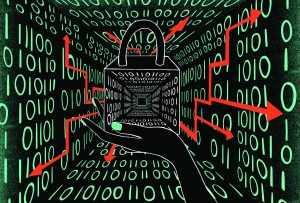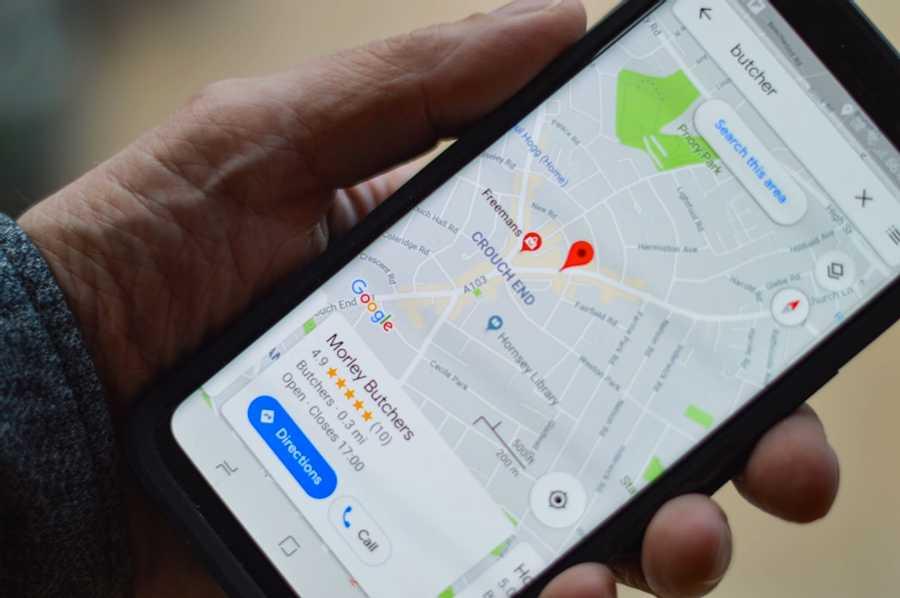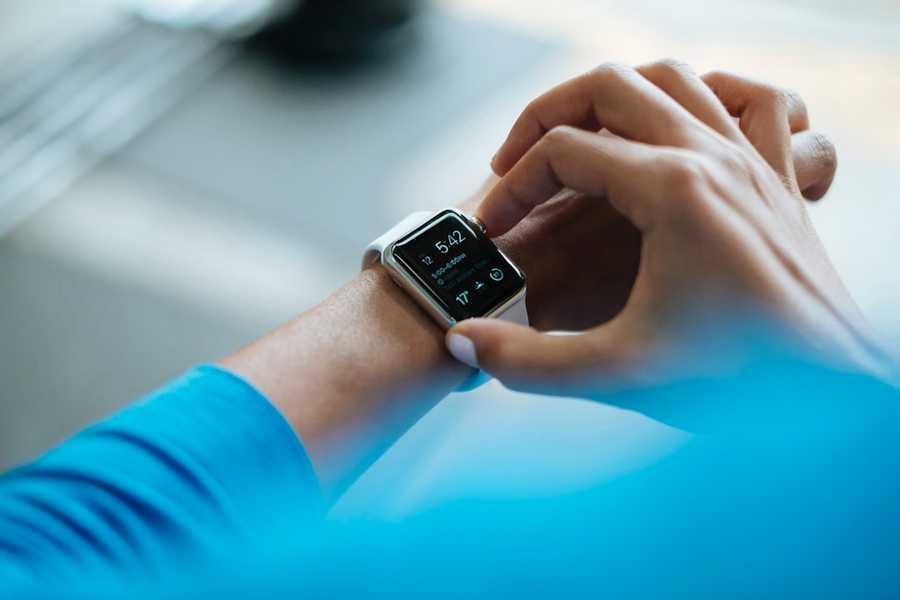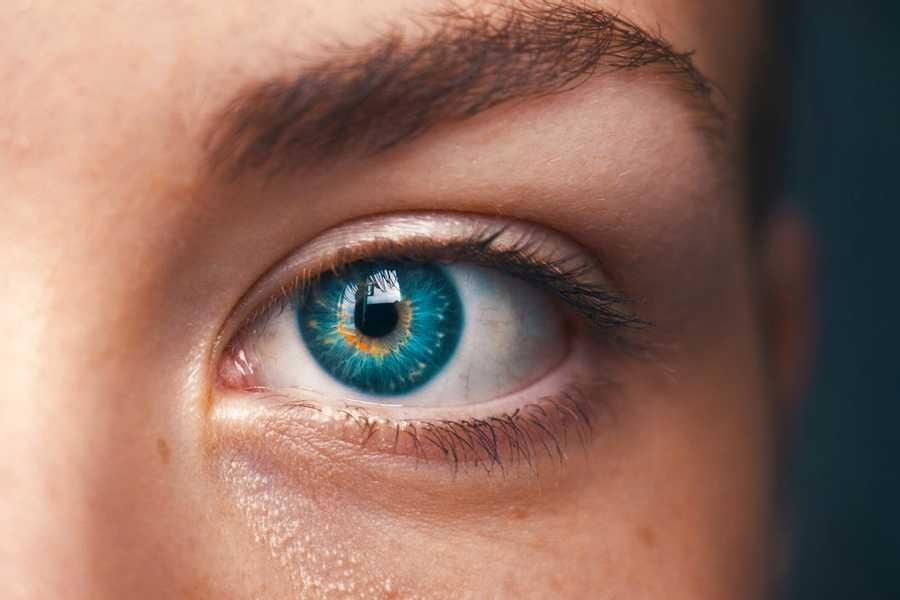10 Breakthrough Technologies 2021
Curated from: technologyreview.com
Ideas, facts & insights covering these topics:
10 ideas
·470 reads
9
Explore the World's Best Ideas
Join today and uncover 100+ curated journeys from 50+ topics. Unlock access to our mobile app with extensive features.
Messenger RNA vaccines
The new covid vaccines are based on a technology never before used in therapeutics, and it could transform medicine, leading to vaccines against various infectious diseases, including malaria.
And if this coronavirus keeps mutating, mRNA vaccines can be easily and quickly modified. Messenger RNA also holds great promise as the basis for cheap gene fixes to sickle-cell disease and HIV.
Also in the works: using mRNA to help the body fight off cancers.
12
112 reads
Lithium-metal EV batteries
Electric vehicles are relatively expensive, and you can drive them only a few hundred miles before they need to recharge. All these drawbacks have to do with the limitations of lithium-ion batteries.
A well-funded Silicon Valley startup, QuantumScape, has developed a lithium-metal battery. According to early test results, the battery could boost the range of an EV by 80% and can be rapidly recharged.
15
56 reads
Data trusts
Technology companies have proven to be poor stewards of our personal data. Our information has been leaked, hacked, and sold and resold more times than most of us can count.
Data trusts offer one alternative approach that some governments are starting to explore. A data trust is a legal entity that collects and manages people’s personal data on their behalf.
13
49 reads
GPT-3
Large natural-language computer models that learn to write and speak are a big step toward AI that can better understand and interact with the world. GPT-3 is by far the largest—and most literate—to date.
Trained on the text of thousands of books and most of the internet, GPT-3 can mimic human-written text with uncanny—and at times bizarre—realism, making it the most impressive language model yet produced using machine learning.
13
44 reads
TikTok Algorithms
TikTok has become one of the world’s fastest-growing social networks. Why? Because the algorithms that power TikTok’s “For You” feed have changed the way people become famous online.
The ability of new creators to get a lot of views very quickly—and the ease with which users can discover so many kinds of content—have contributed to the app’s stunning growth. Other social media companies are now scrambling to reproduce these features on their own apps.
13
62 reads
Green hydrogen
Hydrogen has always been an intriguing possible replacement for fossil fuels. It burns cleanly, emitting no carbon dioxide; it’s energy dense, so it’s a good way to store power from on-and-off renewable sources.
The rapidly dropping cost of solar and wind power means green hydrogen is now cheap enough to be practical. Simply zap water with electricity, and presto, you’ve got hydrogen. Europe is leading the way, beginning to build the needed infrastructure.
12
37 reads
Digital contact tracing
As the coronavirus began to spread around the world, smartphone apps could use GPS or Bluetooth to create a log of people who had recently crossed paths. If one of them later tested positive for covid, that person could enter the result into the app, and it would alert others who might have been exposed.
The lessons we learn from this pandemic could not only help us prepare for the next pandemic but also carry over to other areas of health care.
11
22 reads
Hyper-accurate positioning
We all use GPS every day; it has transformed our lives and many of our businesses. But while today’s GPS is accurate to within 5 to 10 meters, new hyper-accurate positioning technologies have accuracies within a few centimeters or millimeters.
China’s BeiDou (Big Dipper) global navigation system was completed in June 2020 and is part of what’s making all this possible. It provides positioning accuracy of 1.5 to two meters to anyone in the world.
11
32 reads
Remote everything
The COVID-19 pandemic forced the world to go remote. Getting that shift right has been especially critical in health care and education. Some places around the world have done a particularly good job at getting remote services in these two areas to work well for people.
Byju’s, a learning app based in India, has seen the number of its users soar to nearly 70 million. Telehealth efforts in Uganda and several other African countries have extended health care to millions during the pandemic.
11
24 reads
Smarter AI
Despite the immense progress in artificial intelligence in recent years, AI and robots are still dumb in many ways, especially when it comes to solving new problems or navigating unfamiliar environments.
One promising approach to improving the skills of AI is to expand its senses; currently AI with computer vision or audio recognition can sense things but cannot “talk” about what it sees and hears using natural-language algorithms. But what if you combined these abilities in a single AI system?
11
32 reads
IDEAS CURATED BY
Digital marketing at dentsu. Invested in the symbiosis of marketing, psychology, and design. Photographer at heart.
Pranav P.'s ideas are part of this journey:
Learn more about technologyandthefuture with this collection
The differences between Web 2.0 and Web 3.0
The future of the internet
Understanding the potential of Web 3.0
Related collections
Similar ideas
Read & Learn
20x Faster
without
deepstash
with
deepstash
with
deepstash
Personalized microlearning
—
100+ Learning Journeys
—
Access to 200,000+ ideas
—
Access to the mobile app
—
Unlimited idea saving
—
—
Unlimited history
—
—
Unlimited listening to ideas
—
—
Downloading & offline access
—
—
Supercharge your mind with one idea per day
Enter your email and spend 1 minute every day to learn something new.
I agree to receive email updates










